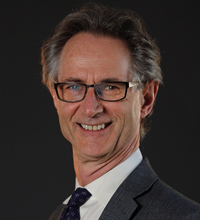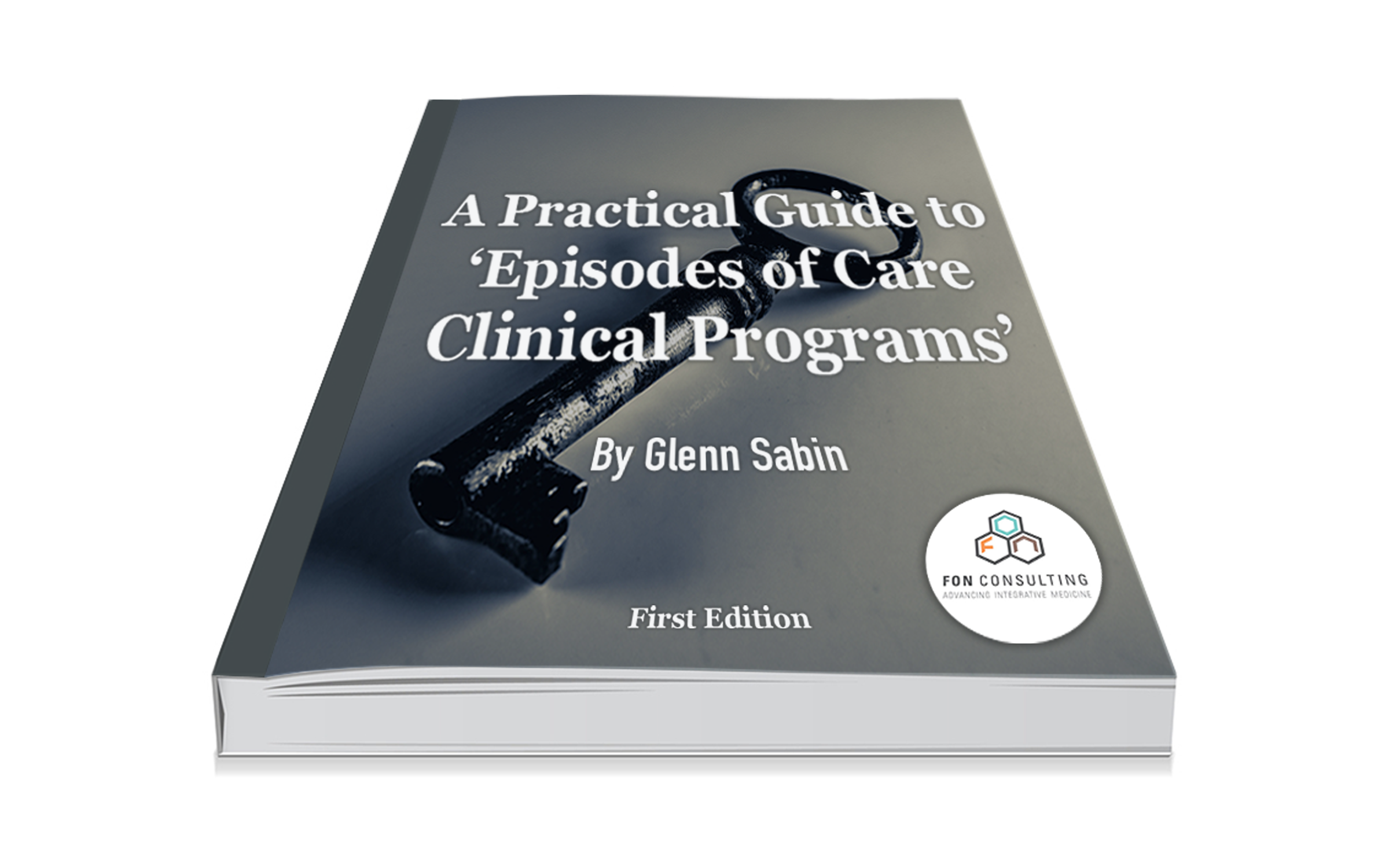PCORI Includes ‘CAM’ in First Funding Announcement
By Glenn Sabin

PCORI (Patient-Centered Outcomes Research Institute) is the independent non-governmental (like Institute of Medicine) entity mandated from the Patient Protection and Affordable Care Act. With over $1 billion dollars in hand to be used exclusively for comparative effectiveness research over the next seven years, the Institute is charged with investigating the “relative health outcomes, clinical effectiveness, and appropriateness” of various medical interventions, products and procedures by assessing existing studies and implementing its own original research.
Recently Integrator Blog publisher-editor John Weeks wrote a post that included the following news and commentary. Weeks, a writer, organizer, executive and consultant in the field of integrative healthcare for 29 years, is also executive director of the Academic Consortium for Complementary and Alternative Health Care (ACCAHC ). He approved this re-posting.
PCORI Director Selby Credits Presentation for Inclusion of Integrative Medicine in Funding Priorities; Two Projects Funded
In a recorded dialogue with members of the Research Working Group of the Academic Consortium for Complementary and Alternative Health Care (ACCAHC), Joe Selby, MD, MPH, CEO of PCORI, credited a special September 2011 presentation for the explicit inclusion of complementary and alternative medicine in funding priorities. He stated: “That was a memorable presentation, and it has stuck with us. It probably did have something to do with the fact that we called out complementary and alternative medicine.” He noted that this explicit inclusion was unusual in an “exceptionally broad” funding announcement which typically did not focus on therapies or conditions. To a later question in the dialogue, Selby left open the door to PCORI potentially having a specific funding announcement in the CAM or integrative health area, though this sounded to be a ways off. Two ACCAHC leaders were participants in the September 2011 meeting which was organized through Bob Mootz, DC and the state of Washington for a PCORI Board of Governors meeting in Washington State.
Notably, the list of 25 initial PCORI awards includes two that are CAM or integrative health focused. One is Evaluation of a Patient-Centered Risk Stratification Method for Improving Primary Care for Back Pain. Lead investigator is Dan Cherkin, PhD, from Group Health Research Institute/Bastyr University. The second is led by University of Pittsburgh researcher Michael Schneider, DC, PhD: A Comparison of Non-Surgical Treatment Methods for Patients with Lumbar Spinal Stenosis. The ACCAHC dialogue was facilitated by Greg Cramer, DC, PhD, the chair of the ACCAHC panel.
Weeks’ Commentary
Selby proved to be an open and engaging partner in the 50 minute dialogue, accessible here, which included his CAM-focused opening remarks, and back-and-forth exchanges with Cramer and his colleagues on the working group Carlo Calabrese, ND, MPH, Bill Meeker, DC, PhD, Richard Hammerschlag, PhD and Martha Menard, PhD, CMT. A written transcript is available from me on request. Congratulations to Cherkin and Schneider. Two of 25 is not a bad showing for “CAM.”
Sabin’s Commentary
Comparative effectiveness research has been ongoing in other countries for two decades, but relatively new in the U.S. It was birthed from The American Recovery and Reinvestment Act of 2009. A fascinating Deloitte research brief on CER in the U.S. can be found here.
Kudos to the awardees in the field and to ACCAHC and its research working group for grabbing its place at the table and getting ‘CAM’ firmly on PCORI’s radar. CER is a terrific setting to evaluate integrative healthcare approaches against the standard of care (SOC). Importantly, with its patient-centered outcomes-based imperative, PCORI may also one day allow for the investigation of whole systems medical approaches against the SOC. It is my long-held view that only through a comprehensive, whole systems and non-reductionist approach to scientific inquiry, will the full benefits of integrative medicine be accurately measured against the SOC—for efficacy and cost-effectiveness.

Read Glenn’s story.





















